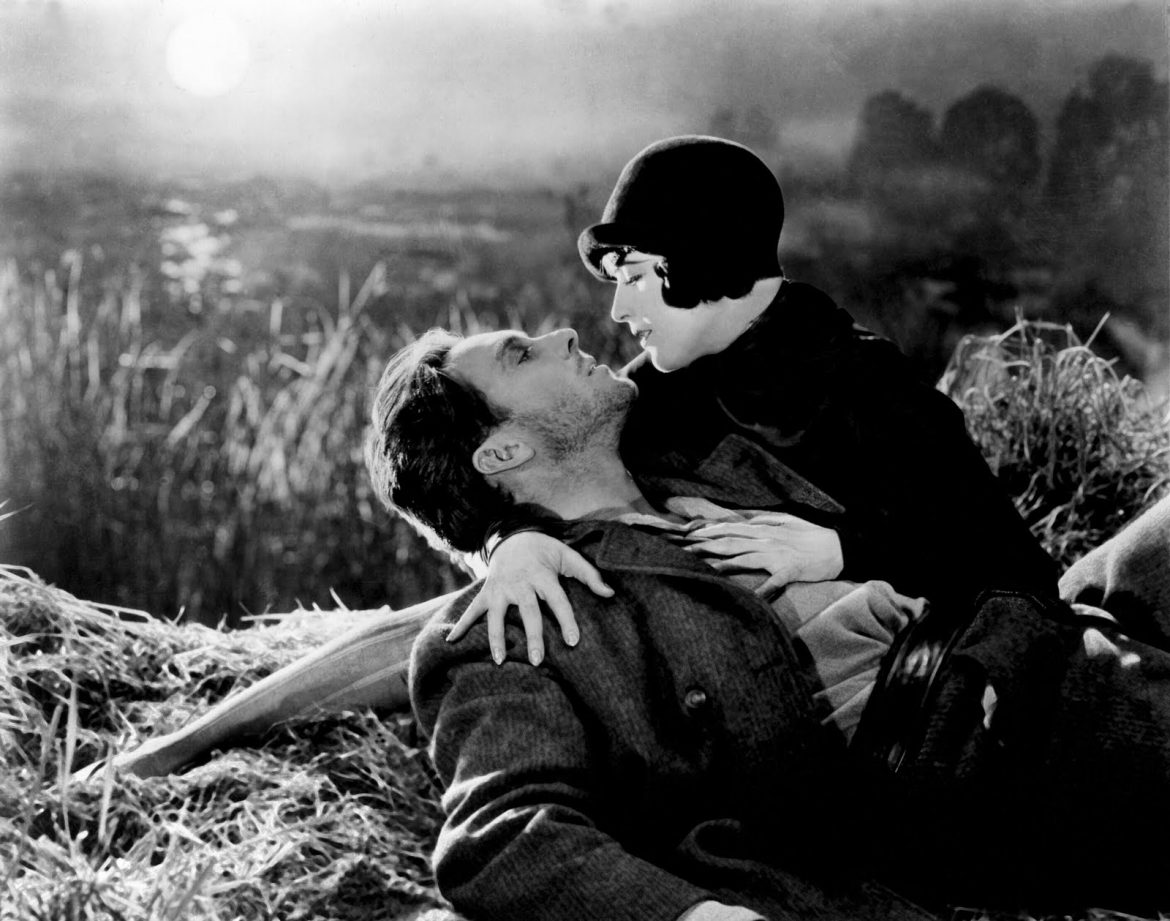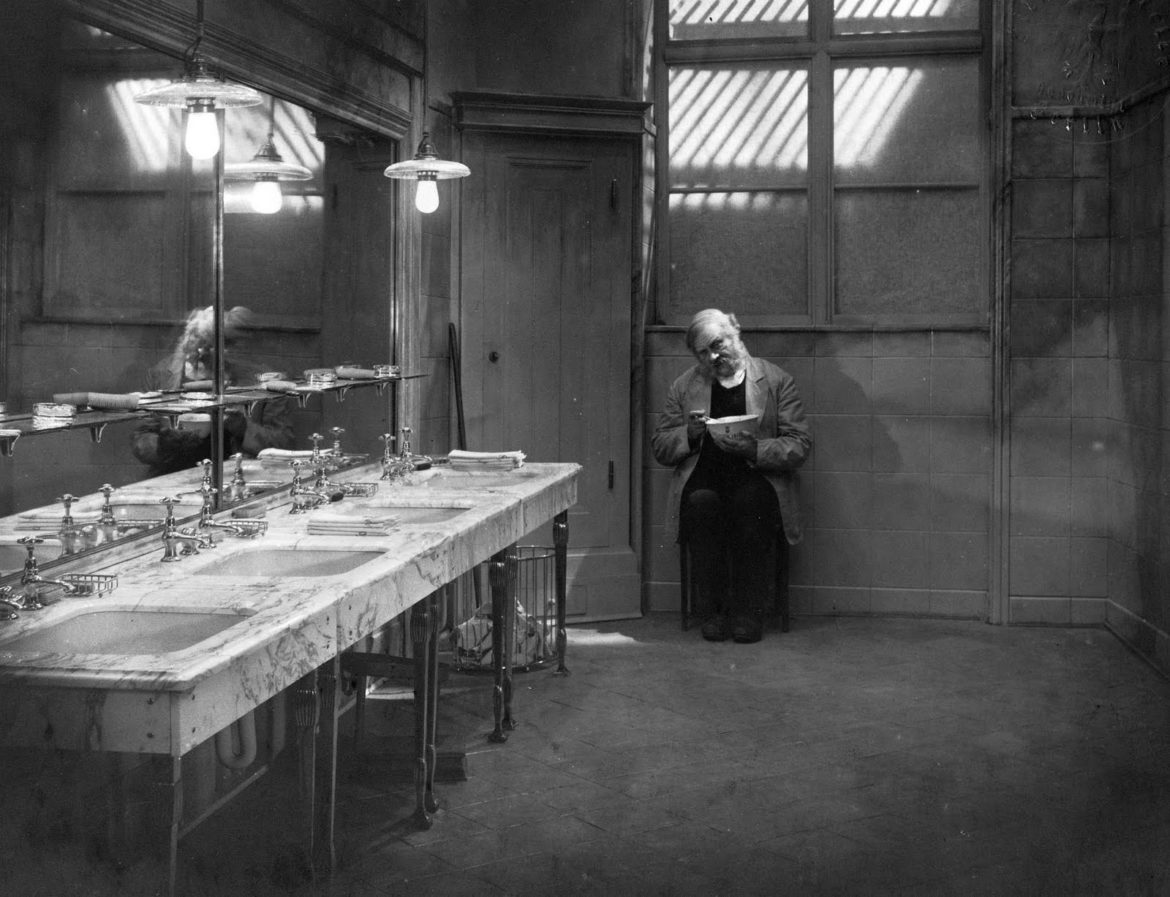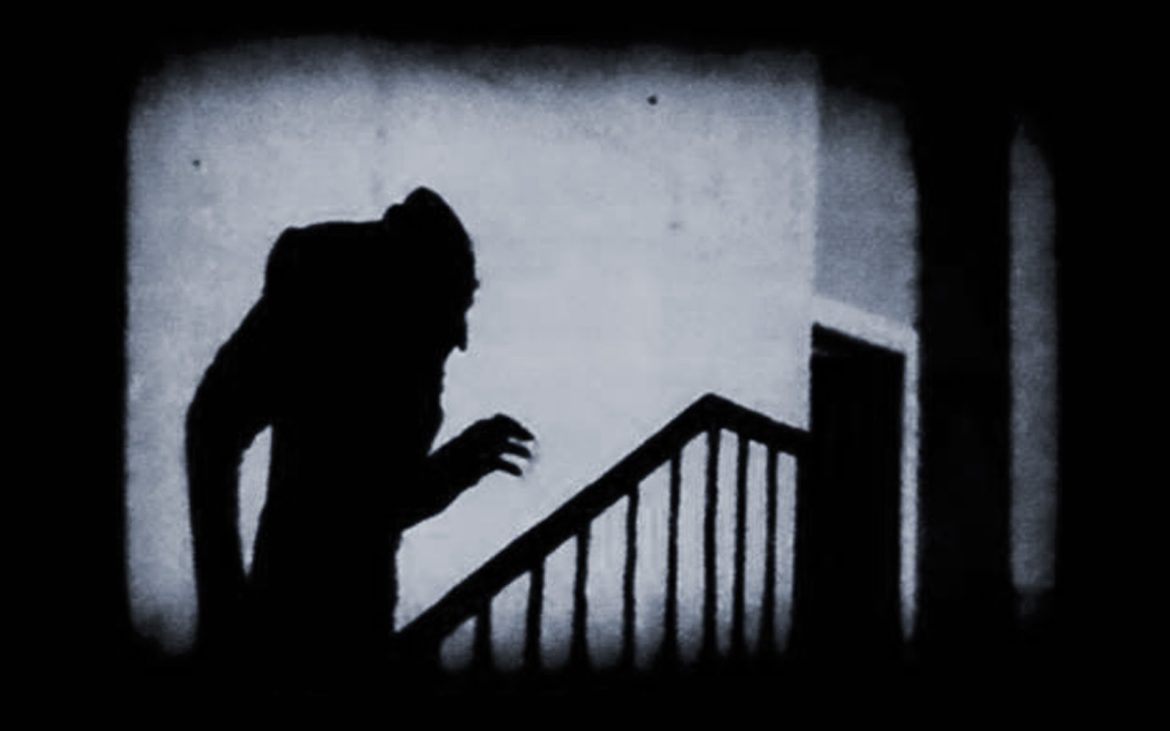Sunrise is an undisputed masterpiece of the silent era’s final days, a staggering set of technical achievements in service to melodramatic fairy-tale pathos. It’s also the story of how sometimes the only thing needed to put the spark back in an empty marriage is a little bit of attempted murder.
F.W. Murnau
Many silent classics, and much art more generally, have drawn on the oldest tales, mining the legacies of myth and the commonalities of familiar narratives to present them anew. Ursula Le Guin writes, “That is the gift the great storytellers have.
In 1928, following the one-two punch of his celebrated U.S.-made releases Faust and Sunrise, and four years after he made The Last Laugh for UFA, the great German director F.W. Murnau predicted that the “films of the future will use more and more of these camera angles, or, as I prefer to call them, these dramatic angles.
When Atlanta rapper B.o.B. released his contemptible / ridiculous Neal deGrasse Tyson diss track “Flatline” earlier this week – in which he manages to tie together Flat Earth theories, Lizard People conspiracies, Holocaust denial, and a healthy dollop of “Protocol of the Elders of Zion”-inspired anti-Semitism into one shitty, shitty package – the internet erupted.
Part of an ongoing effort to watch each of the films in Roger Ebert’s Great Movies series. The introduction and full list can be found here.
As our shared monsters and shadowy nightmare figures go, the vampire is particularly stubborn in its refusal to vanish from the scene.





